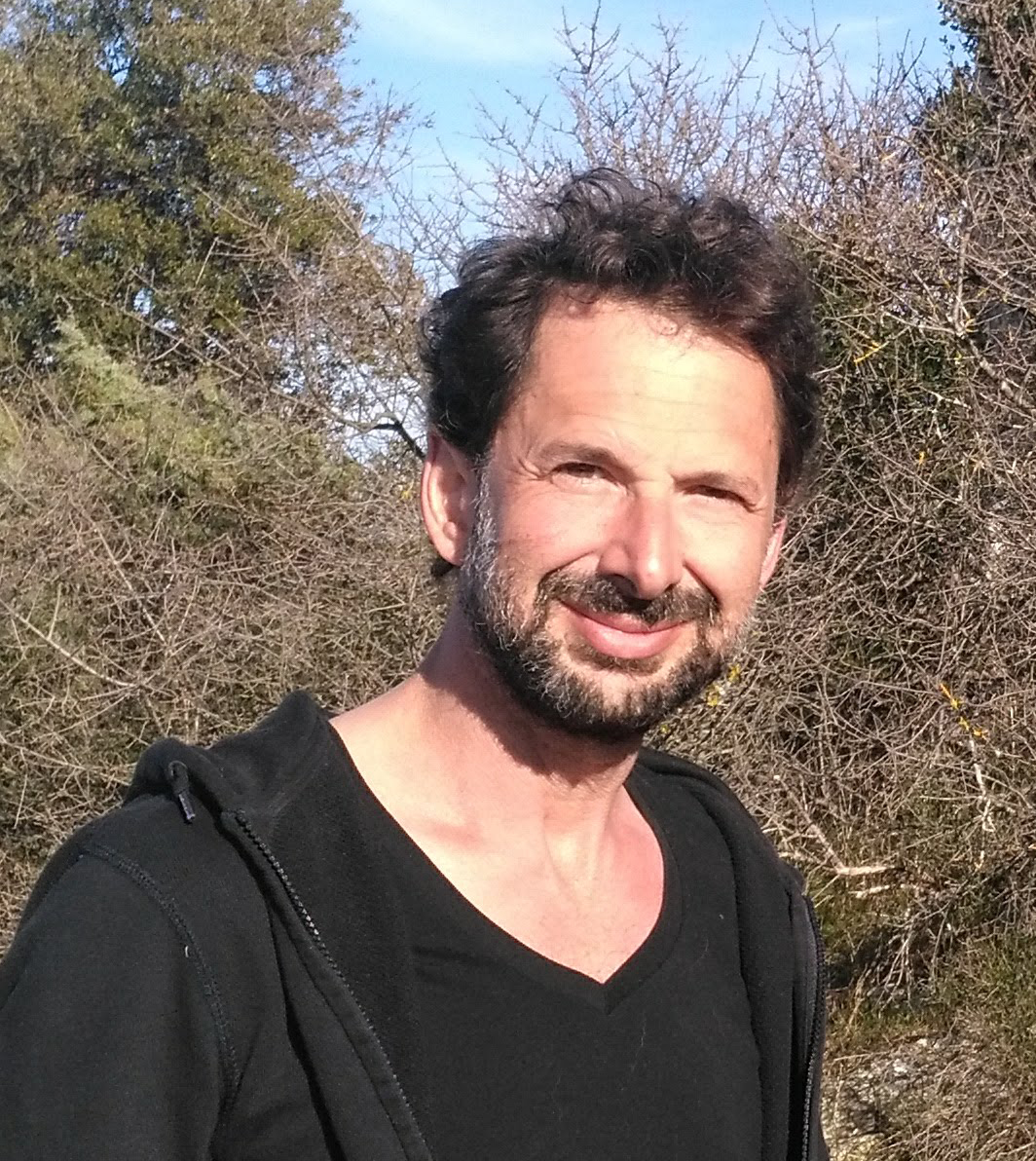by Dr. Noam Scheindlin
ABOUT THE AUTHOR

Noam Scheindlin
Noam Scheindlin is a professor of English at LaGuardia, and is co-Director, along with Prof Lucia Fuentes, of the LaGuardia Honors Program. He has published on the French writers Marcel Proust and Georges Perec, and is interested in the way fiction helps to generate the experience of what humans call “reality.”
The Honors Program has been thinking about sustainability. And what we have been thinking has to do not just with the goal of reducing carbon emissions, but also the process by which we get there. It is certainly important that the power grids on which we depend can be transformed so as to rely on non-polluting forms of energy; nonetheless, we also think that the era of transformation that we are now beginning presents the opportunity for us to think not just on a grand scale, but on a personal scale.
We have become so alienated from the energy that we use to power our everyday lives that we would be hard-pressed, most of us, to say how it is brought to us, and even more difficult to tell ourselves where it comes from! We think that there is room for diversity in our energy processes. How can we produce energy where the source is close to us, and where we can control the means?
The philosopher, Hannah Arendt, in her book The Human Condition, argues that the truths we discover are no longer sayable in our ordinary language. “From now on,” she says, “we need artificial machines to do our thinking and speaking.” Arendt wrote this in 1958. How much more so now, when even the creators of the large language models that have been all the talk of 2023, cannot profess to tell us how exactly they work!
Certainly, there has always been something unknowable, about the world, about life, about us. Humans have always been mysteries to ourselves. But our knowledge of ourselves, far from now being greater than it was before, is diminishing, with the kind of technological advances that quickly move beyond the scale of the human, so that we seem to live more and more in a mystery of our own making. And there are dangerous and destructive consequences to this diminishment of reflectivity in the face of our more and more complex creations, and dependence on those creations.
The word “technology” these days evokes anything with a screen: screens that offer up to us a representation of our world too big for us to know in person, built by microprocessors too small to be able to be seen; connected to networks so vast that we cannot trace or even fathom them. Screens, then, that hide from us the scales of existence that simply do not fit the human body.
But the word “technology” is an old word. Think of the many technologies that have shaped humans throughout our history: our wheels and axles and pulleys and levers: all things, like the grand technologies of today, that have served to extend the body. But think also of language as a technology: that gives us the ability to transfer and exchange our separateness, our interiorities: speaking and listening; reading and writing. The word “technology” itself has its roots in the ancient Greek word “Techné”: literally, “knowing how”: having the technique needed to make something, to bring something into being.
At the Honors Program, we are interested in a diversity of discourses; how can we remain in touch with our technology? How can we rediscover the relation between technology and the body? How can we understand something of the history of the technological impulse? How to use our knowledge in order to re-assert our connection with the things we make?
This is why the Honors Program is initiating it’s “low-tech” design project. We are inspired by the organization “Low Tech Labs”, whose work is to motivate the production of objects, processes, techniques, and practices that work at a small scale. We also thought that creating low-techs would be an important counter-discourse to the high-tech discourse, currently dominant in our society. We think it’s important to create some balance: how can we use physical, biological, chemical, even philosophical knowledge on a human scale?
We are hoping that we can support the creation of objects and processes that fit three criteria:
1) Utility: things that are useful to us because they help us fulfill our needs, without tapping into polluting systems or unfathomable networks.
2) Accessibility: things that can be made with both minimal investment of funds–so important in a world where there is a huge disparity of wealth–but also with minimal knowledge: in other words knowledge on a human scale: manipulation of natural forces that can be transmitted from one person to another. And
3) Durability: things that can last, because they can be repaired, because they are robust, and because the knowledge of how they work is shared within a given community.
We invite you to work with us starting in the Spring semester. Please stay tuned for an initial information session for potential participants. Our plan is to create a series of prototypes in a first stage that will endure over the next few semesters. We hope to exhibit initial designs and sketches of the initial prototypes at our Spring 2024 Honors Interdisciplinary Conference.
Please feel free to contact us with questions, or ideas, or just to let us know that you are interested! honorsprog@lagcc.cuny.edu.
And you can see some of the Low Tech projects at their site, https://lowtechlab.org/en.